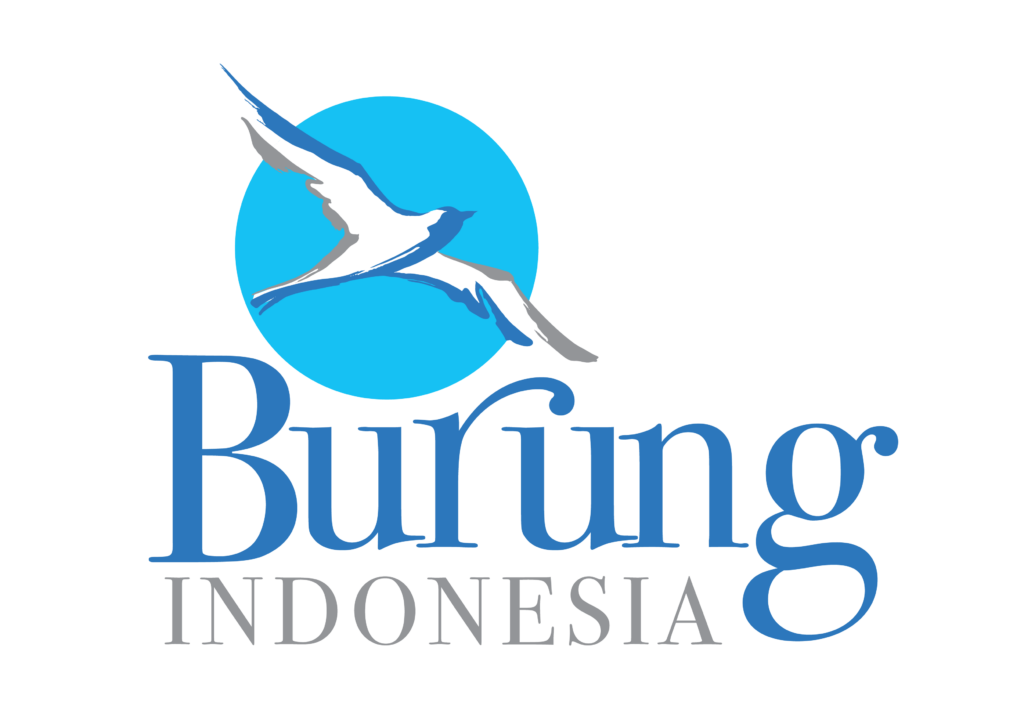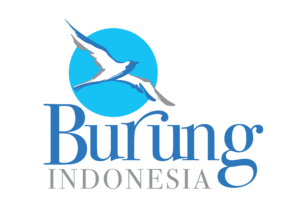An innovative scheme in Mbeliling that sells drinking water to fund conservation and protect forest is a promising example of sustainable finance.
Usually when you pay for drinking water, you are paying a water company for its services: filtration, sanitation, maintenance of supply, staff overheads and more. But what if that company was nature itself? Is it possible for a forested landscape to be recognised for the freshwater service it provides, filtering rainwater down through the soil, releasing a clean, steady flow? Can the local people living there be rewarded for protecting this forest? In the Mbeliling landscape on Flores Island, Indonesia, the answer is a resounding yes.
Nature provides a multitude of benefits for our survival and wellbeing but is often taken for granted. However, the work of Burung Indonesia (BirdLife Partner) in Mbeliling is proving that innovative schemes such as Payment for Ecosystem Services (PES) are a great way to ensure recognition of nature’s direct value and help keep forests standing. It’s also tackling one of conservation’s biggest challenges: how to break free from unsustainable funding models and tap into the huge scale of the private sector. Get it right and, like clean water from a spring, the potential flow of support is huge.
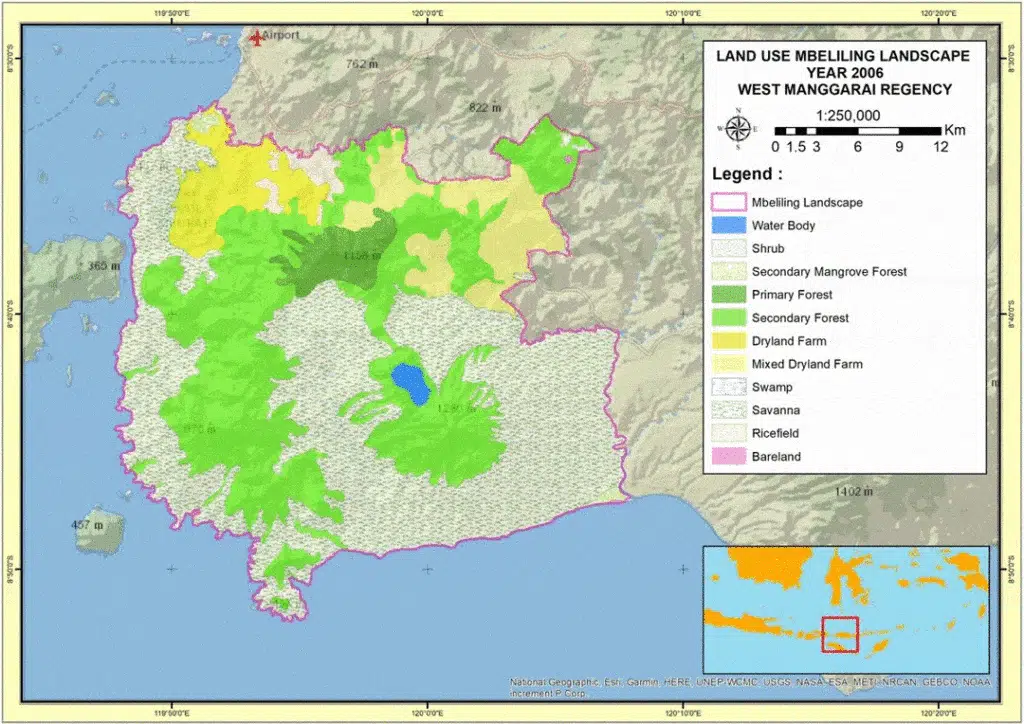
Selling water to fund conservation
Using seed funding from the BirdLife Accelerator, Burung identified a PES scheme as a fair cost-sharing arrangement that would solve these issues. Tiburtius Hani, Programme Manager of Burung Indonesia in Flores explains: “Payment for Ecosystem Services is a way to take collective action among upstream communities and water consumers to conserve spring water and the water catchment area within the landscape in a sustainable and equitable way.”
In 2020, Burung Indonesia established a social enterprise selling drinking water to fund conservation activities, to test the willingness to of the private sector and consumers to pay for conservation upstream. After a successful trial, 28 small water companies signed up for the Labuan Bajo Water Care Entrepreneurs Association. With support from the BirdLife Accelerator, Burung aims to formally register the Association, start collecting payments for ecosystem services from its members, and manage these funds for conservation activities transparently.
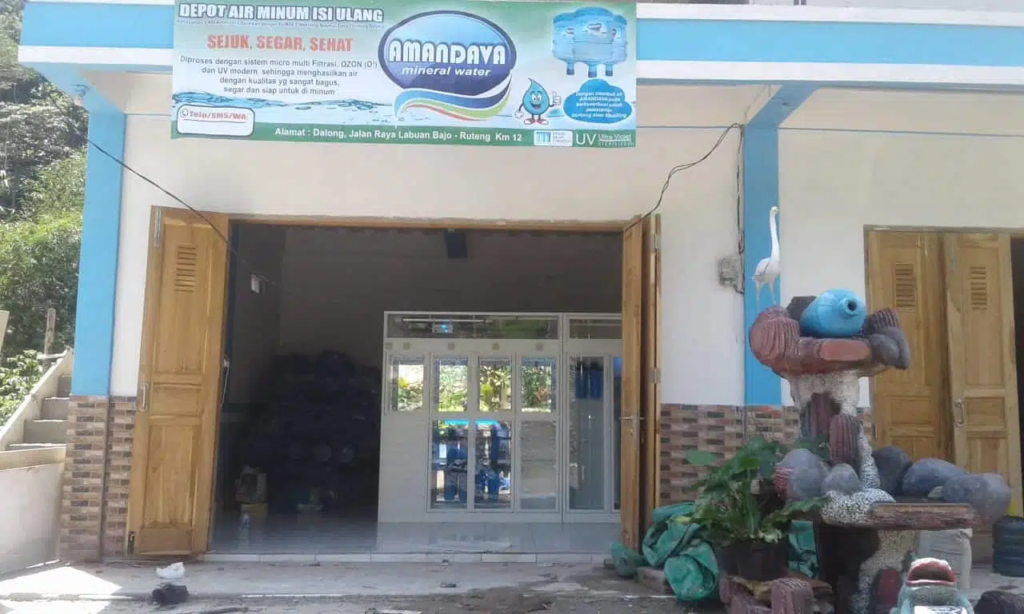
Effect on the landscape
Burung have been working in the landscape since 2007 and have built close ties with the local communities, through local conservation agreements, promoting alternative livelihoods and businesses and more. Adi Widyanto, Head of Conservation and Development at Burung has seen the impact their work has had on the landscape: “So far, our Flores Programme has managed to stabilise land-use and forest cover throughout the landscape. In particular, by 2021 about 10,000 hectares of forest area has undergone a significant natural succession from a degraded state to a mature secondary forest. Such an impact can only be achieved when forest is guarded from disturbance over a considerable time – allowing the forest to restore itself.”
The next step is to scale-up the water payment trial and now, with further support from the BirdLife Accelerator and communications training from Terranomics, Burung are pitching to larger private companies. Permata Qua, a water processing company in Labuan Bajo is on board with the scheme. “This is an important initiative that needs to be supported by all parties,” says Rius Surianto, the company’s director. “Protecting water catchment areas means maintaining business sustainability and better meeting the needs of the community.”
More support would mean they could expand the scheme onto priority farmlands in the landscape for forest restoration efforts – creating a ‘demonstration plot’. “This innovative project gets to the heart of what the BirdLife Accelerator is about,” says Aron Marshall, Forest Programme Officer for BirdLife International. “Burung are demonstrating what can be achieved when investment is made into the small, innovative ideas that are working on the ground and scaling them up. It’s creating the kind of transformation that will allow conservation to sustainably finance itself in the future.”
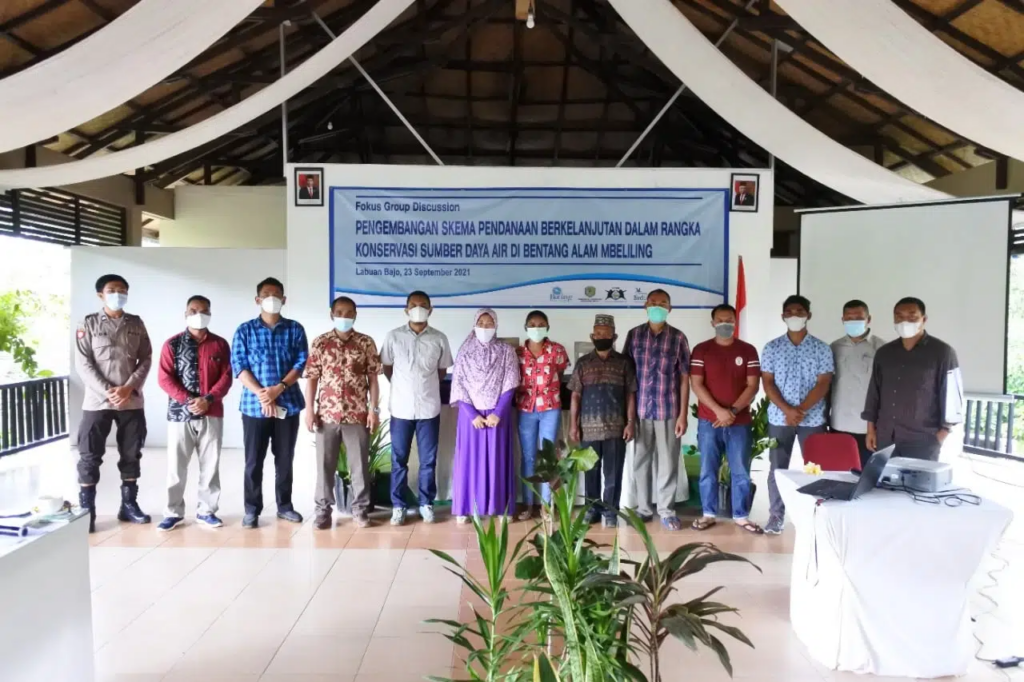
Sumber: “How this project in Indonesia is using water to change the way forests are valued”

